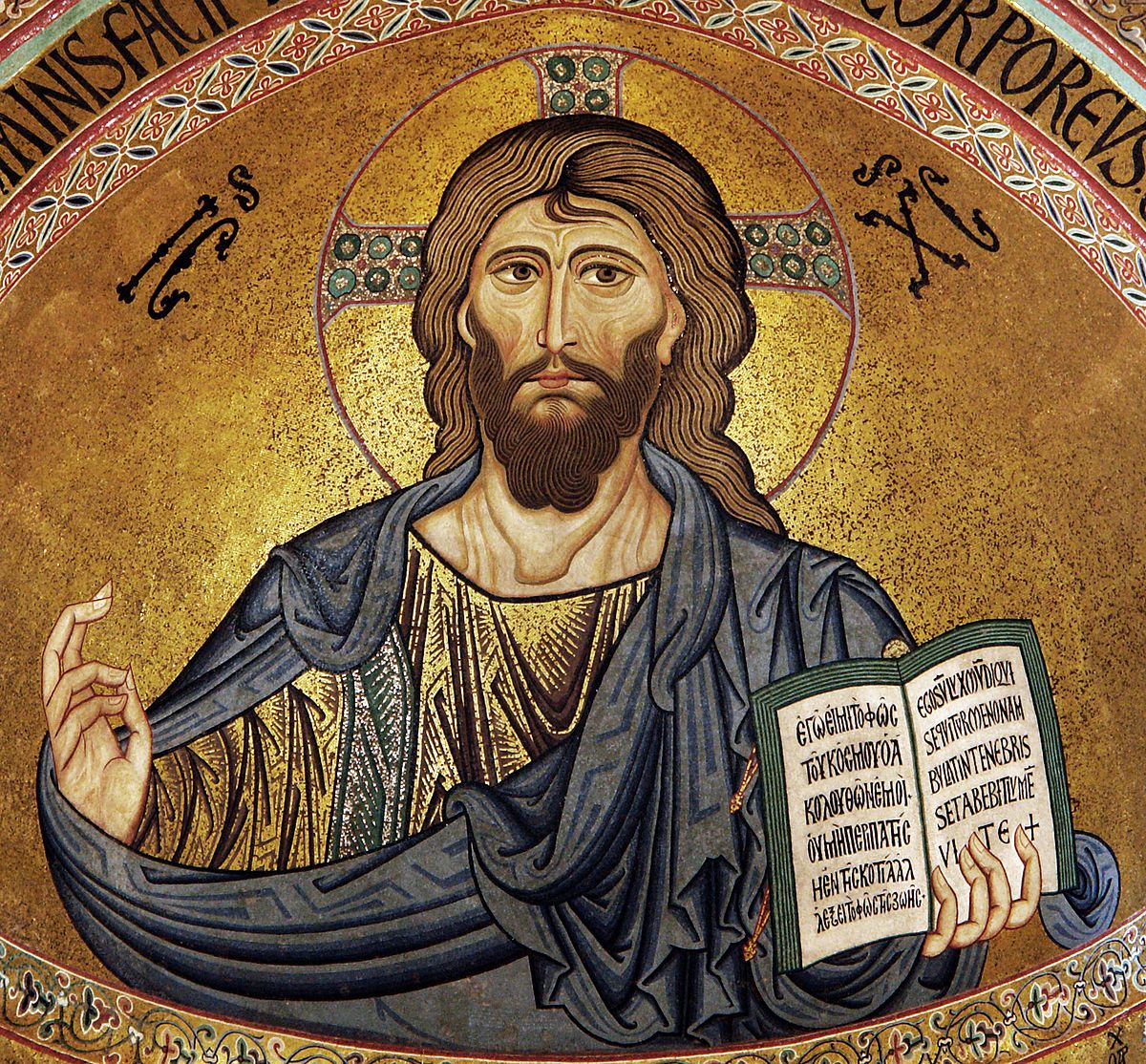Translation Errors In The King James Version
We now have 5 and soon to be 6 entries on this topic. You can find the other entries through the “Blog Series” menu at the top of the page or by clicking a link provided below.
Acts 19:37 (Robbers of what?)
Psalm 145 (Where is the rest of the acrostic?)
Hebrew/English issue with the “J”
Matthew 21:42 (What kind of stone?)
Hebrews 4:8 (Jesus or Joshua?)
Not many people really do well with Hebrew names in the Bible. They are hard. Even figuring out what Jesus’ name is has it’s own complexities. Today’s verse is another passage where a name discussion needs to be had. That name, once again, is the name of Jesus. DOTB previously wrote on what Jesus’ name actually was and how it would have been spoken, which is in the link below. Some of today’s post will be in there, also.
Now, lets look at the verse.
For if Jesus had given them rest, then would he not afterward have spoken of another day. (Hebrews 4:8 KJV)
For if Joshua had given them rest, God would not have spoken later about another day. (Hebrews 4:8 NIV)
One can immediately see that the KJV has Jesus in this passage and basically every other translation has Joshua….. but who should it be? Let’s first examine the verse in Greek since it was written in Greek.
εἰ γὰρ αὐτοὺς Ἰησοῦς κατέπαυσεν, οὐκ ἂν περὶ ἄλλης ἐλάλει μετὰ ταῦτα ἡμέρας. (Hebrews 4:8 SBLGNT)
The Greek text clearly has the name Ἰησοῦς (Iesous) which is the name of Jesus (kind of). If you already read the post on what Jesus’ name really is then you will know already that Jesus’ name is a translation into Greek of the Hebrew name יְהוֹשֻׁעַ (Yehoshu’a) which means “YHWH is salvation.” The most common form of this name was Yeshua which is just a shortened form.
Eventually Greek took over as the lingua franca of the Mediterranean and many names got converted to Greek names. Yeshua ended up being Iesous because of the different letters in the Greek/Hebrew alphabet. As a consequence many people do not know that Iesous, which is Jesus in English, is actually “Joshua.” Thus, when translating Greek texts into English one just ask themselves WHICH JOSHUA is being referred to.
Which Joshua is being spoken of in Hebrew 4:8?
In order to know whether to use Joshua (as in the OT figure) or Joshua (as in Jesus) one will have to rely on context. To do that we will read a larger portion of the passage.
Therefore since it still remains for some to enter that rest, and since those who formerly had the good news proclaimed to them did not go in because of their disobedience, 7 God again set a certain day, calling it “Today.” This he did when a long time later he spoke through David, as in the passage already quoted:
“Today, if you hear his voice,
do not harden your hearts.”8 For if Joshua had given them rest, God would not have spoken later about another day. 9 There remains, then, a Sabbath-rest for the people of God; 10 for anyone who enters God’s rest also rests from their works, just as God did from his. 11 Let us, therefore, make every effort to enter that rest, so that no one will perish by following their example of disobedience.
(Hebrews 4:6-11 NIV)
The entire passage is a continuation of the author showing how Jesus is greater than Moses and after Moses, Joshua. The author uses the imagery of “rest” to compare the final rest that Christ provided with the rest that Joshua was supposed to lead the Israelites into but as the author says it, “did not go in because of their disobedience.” The whole passage needs to be interpreted in then VS now reflection.
“Moses was faithful as a servant in all God’s house,” bearing witness to what would be spoken by God in the future. 6 But Christ is faithful as the Son over God’s house. (Hebrews 3:5-6 NIV)
It is important to recognize that if we read it as Jesus every time the passage would make no sense. Jesus’ rest is greater than Jesus’ rest? Of course it would be nonsense to make such strange conversation. But when we realize that the author is comparing the Joshua of old to the new and greater Joshua it makes sense. It not only makes sense, it uses a well known Hebrew literary feature that the readers would have understood and appreciated.
Summary
In conclusion, we have to recognize that the KJV translators were imperfect. They made mistakes. All Bible translators make mistakes. The printers make mistakes. The publishers make mistakes. They are humans and we all make mistakes. That is why it’s important to review and modify one’s work when a mistake is found, rather than making an absurd argument for why the mistake was actually correct.

Things like this is what makes reading it to gather the words correctly. I show Jesus from apparently a class, then another reflecting Joshua who took the people in Cannan following death of Moses. I know context is important in deciding the correct word, but understanding for those new in Christ can be difficult when it is show mistakes are made in translation, yet we hear the originals were taken from originals and were correct. Thnaks